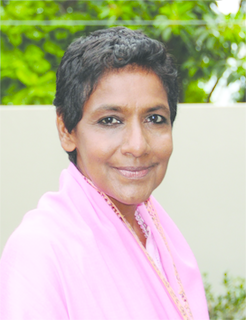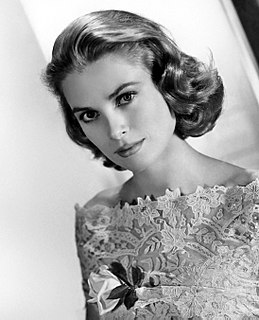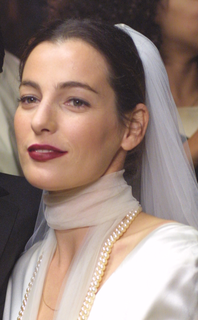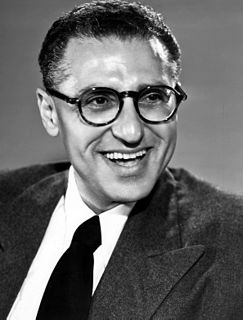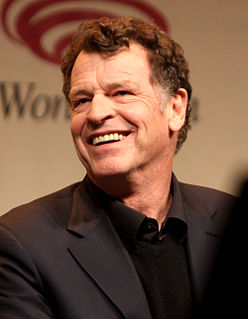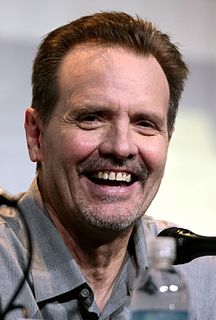A Quote by Zhang Yimou
The so-called commercialism includes elements like story, plots, rhythms and large big scenes.
Related Quotes
The commercialism of yoga, the commercialism of Ayurveda, the commercialism of guru-ism, is difficult. It's difficult because it confuses, it confuses the general populations as to what this is all about, but yet those of us who are trained within a certain tradition, who trained from the ancestral gene bank, so to speak, it is fine, it's not bothersome at all because we must live.
On the geometric level, we see certain physical elements repeated endlessly, combined in an almost endless variety of combinations. It is puzzling to realize that the elements, which seem like elementary building blocks, keep varying, and are different every time that they occur. If the elements are different every time that they occur, evidently then, it cannot be the elements themselves which are repeating in a building or town; these so-called elements cannot be the ultimate "atomic" constituents of space.
A human body can think thoughts, play a piano, kill germs, remove toxins, make a baby all at once. Once it's doing that your biological rhythms are actually mirroring the symphony of the universe because you have circadian rhythms, seasonal rhythms, tidal rhythms you know they mirror everything that is happening in the whole universe.



